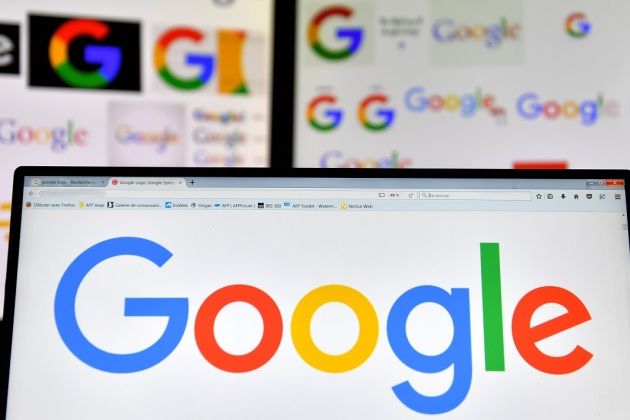Last year, Google announced a sales measurement service in stores. At the time, the company claimed to have access to about 70% of American credit and debit cards through partners that it did not specify. The mystery was solved this week by Bloomberg.
The website shows that Google has made an agreement with Mastercard. He’d pay him millions of dollars to find out what his customers buy in physical stores. The problem is that consumers were not aware of this practice.
It would just be a test program. To be addressed, you must be a Mastercard customer in the United States, have a Gmail account and not refuse to track advertising in the Google service settings. The Mountain View giant rejects any specific comments about its relationship with Mastercard but assures that its program does not give it access to personal information and user identities. The exact expenses and purchases are also not shown.
However, it is able to link anonymous user profiles with purchases in physical stores. By comparing this data with his own, he knows which Internet users have clicked on ads and can thus show advertisers whether their campaign has generated real sales. It also gives it a big advantage over Amazon, because the two giants are struggling to better understand the interactions between web advertising and offline shopping.
Mastercard also refuses to discuss the agreement. However, it stipulates that it only shares transaction patterns with traders and service providers. The information relates primarily to sales volumes.
Bloomberg points out that according to the Nilson Report, purchases with Mastercard cards accounted for about a quarter of the American purchasing volume in 2017.
But beyond the question of the number of transactions and correspondence with online behavior, this case raises the worrying question of the amount of information Google and its associates to collect about users, even if they remain anonymous.
In this case, there seems to concern only the United States people, but there are no similar agreements in other parts of the world, for example in Europe, despite texts like the DGPS? The accuracy of the profiles determined in this way reaches a potentially frightening threshold. Especially as we do not yet have the reflex that our online activities and our purchases can be linked in the real world. Until now we didn’t know we had to protect ourselves from it; now we are warned.
